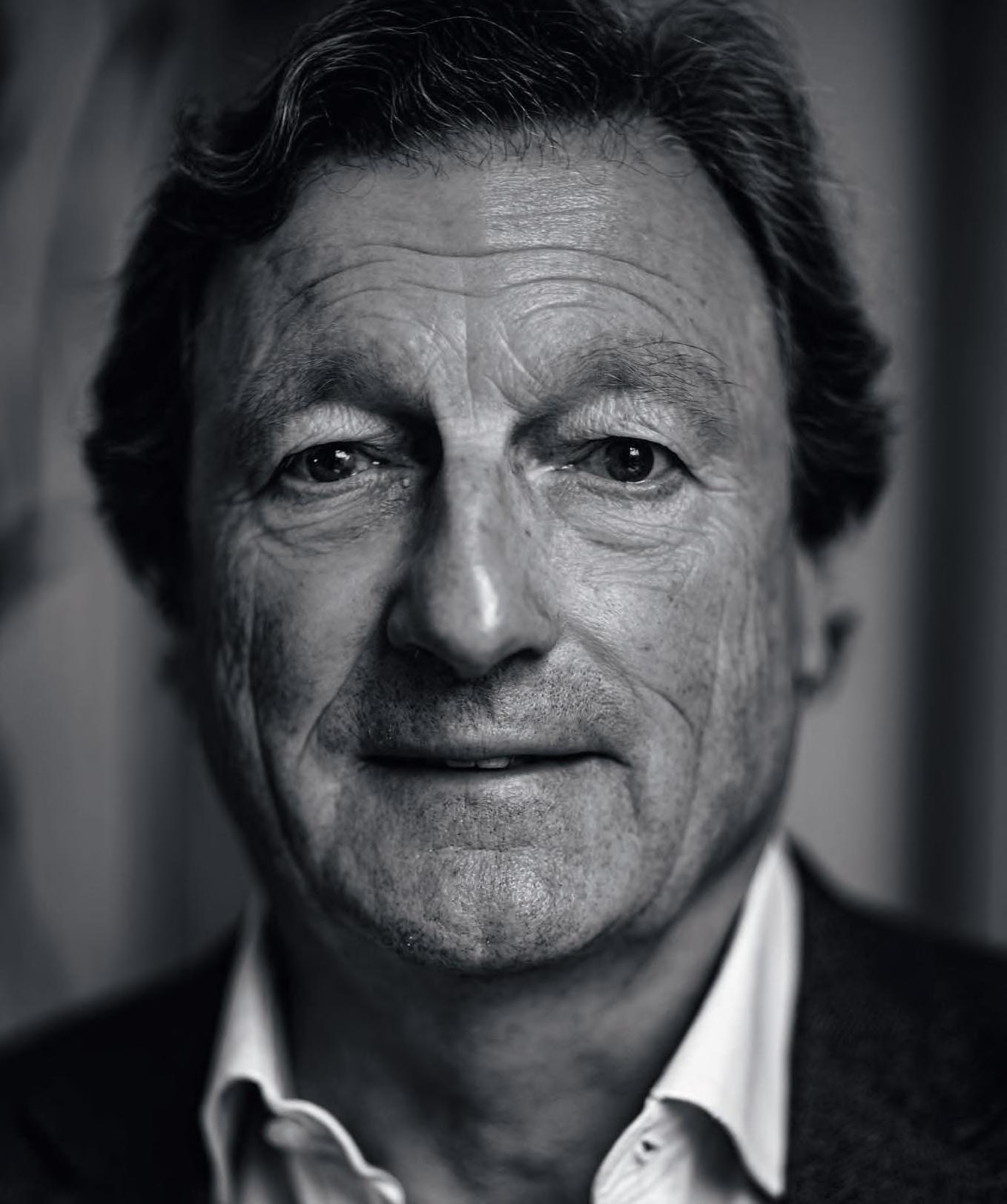
3 minute read
The smart way to make an impact, from food to fairness
Impact investing involves making a difference on the ground alongside generating a financial return. This requires an investment process which intentionally targets companies that are demonstrably making a measurable social or environmental impact on their surroundings.
The impact investment process therefore identifies companies which exhibit social or environmental improvement, in both their products and solutions, and their own operations. Moreover, investors benefit from measurable reported impact at the portfolio level through better risk-adjusted returns.
RobecoSAM started adding thematic strategies to its product range in the early 2000s, investing in companies offering solutions to challenges such as water scarcity, unsustainable sourcing, the distribution of energy, and improving the health of the planet’s growing population.
In 2015, when the UN SDGs were introduced, several of these thematic strategies had already captured a number of those goals. Years later, with SDG-linked impact reporting embedded into all of them, every RobecoSAM product has impact investing characteristics.
Here’s how we’re making an impact while serving our clients at the same time.
1. Sustainable water
A safe and reliable supply of fresh water is a basic human need. Yet, despite being more valuable than gold in drought-stricken areas, it doesn’t seem to hold the importance of other commodities. Water is largely unpriced, allowing some to take more than their fair share, while others go thirsty. Water purification and wastewater treatment are other problematic areas that require extensive investment.
The RobecoSAM Sustainable Water strategy is the world’s first of its kind. It invests in companies that use less water for industrial processes and irrigation, reduce evaporation and pipe leakage, tackle contamination and increase desalination from sea water. Over one year, in 2018, the companies in the strategy distributed 51.7 billion liters of clean drinking water, equivalent to that consumed by a total of 646,566 people.
2. Smart energy
Renewable energy and smart energy generation facilities are undoubtedly the way forward when it comes to eradicating fossil fuels. Giant wind turbines – some as big as skyscrapers – are the new offshore oil rigs. Solar panels have proven capable of generating enough electricity to power entire cities. Add in hydroelectric dams and biofuels, and we’re well on our way to one day replacing coal.
Renewable energy companies in the RobecoSAM Smart Energy strategy produced 157 gigawatt hours of electricity in 2019, equivalent to the annual consumption of more than 39,000 households. This represents a CO 2 reduction of some 96,800 tons, which is equivalent to taking 37,000 conventional cars off the road.
3. Smart materials
Electric cars have different components from those powered by petrol, not least in their batteries. This requires cadmium and lithium, among other new minerals now being mass mined. Transformation materials are also creating opportunities in lasers, 3D printing and more advanced recycling, not to mention biodegradable plastics and even parts for the human body.
Companies in the RobecoSAM Smart Materials strategy have made a difference by recycling 5,481 metric tons of materials in 2019, equivalent to the annual use of 26,058 people. Some 32,060 metric tons of waste was avoided, equivalent to what is normally created by 65,780 people. And those involved in reducing energy use prevented 465,095 tons of CO 2 from entering the atmosphere, equivalent to taking 326,605 non-electric cars off the road.
4. Gender equality
Men and women each make up half the population, yet the disparities in employment opportunities, ranging from equal pay to glass ceilings for female executives, still bedevils business. It’s a shame, as research has shown that more diverse companies and those that treat women fairly have a strong competitive advantage. And, therefore, make more money.
The enlightened companies in the Global Gender Equality Impact strategy contribute to making a difference and, uniquely, the strategy looks beyond board-level equality. Research shows that only 29% of board members in Europe are female, while the participation of women in the global workforce has fallen to 35%, and it will take 22 years to close the gender pay gap at the current rate. That’s why investing in the right companies can make a difference.








